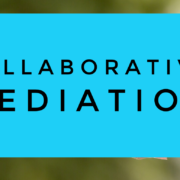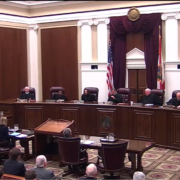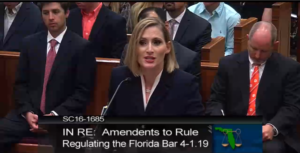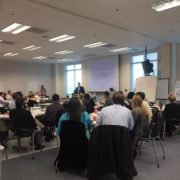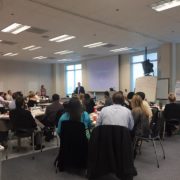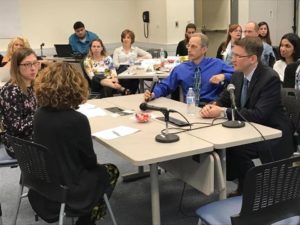What is Collaborative Mediation?
If you are getting divorced, you want to move forward as peacefully, quickly, and cost-effectively as possible. And so you should learn about collaborative mediation.
Mediation
Collaborative mediation is a combination of two forms of private dispute resolution: mediation and collaborative divorce. In mediation, you meet face-to-face with your spouse along with a neutral mediator (or co-mediators). The mediator does not decide issues for you. Rather, the mediator is there to facilitate an agreement between you and your spouse.
What is said during mediation is private and confidential. This means that statements or offers made in mediation cannot be used against you later in court. This confidentiality is protected by the Florida Mediation Confidentiality and Privilege Act (Florida Statutes §§ 44.401-44.406).
Though the mediator can help you and your spouse reach an agreement, he or she cannot provide you with legal advice. The mediator, for example, cannot tell you if you are making a good or bad deal.

